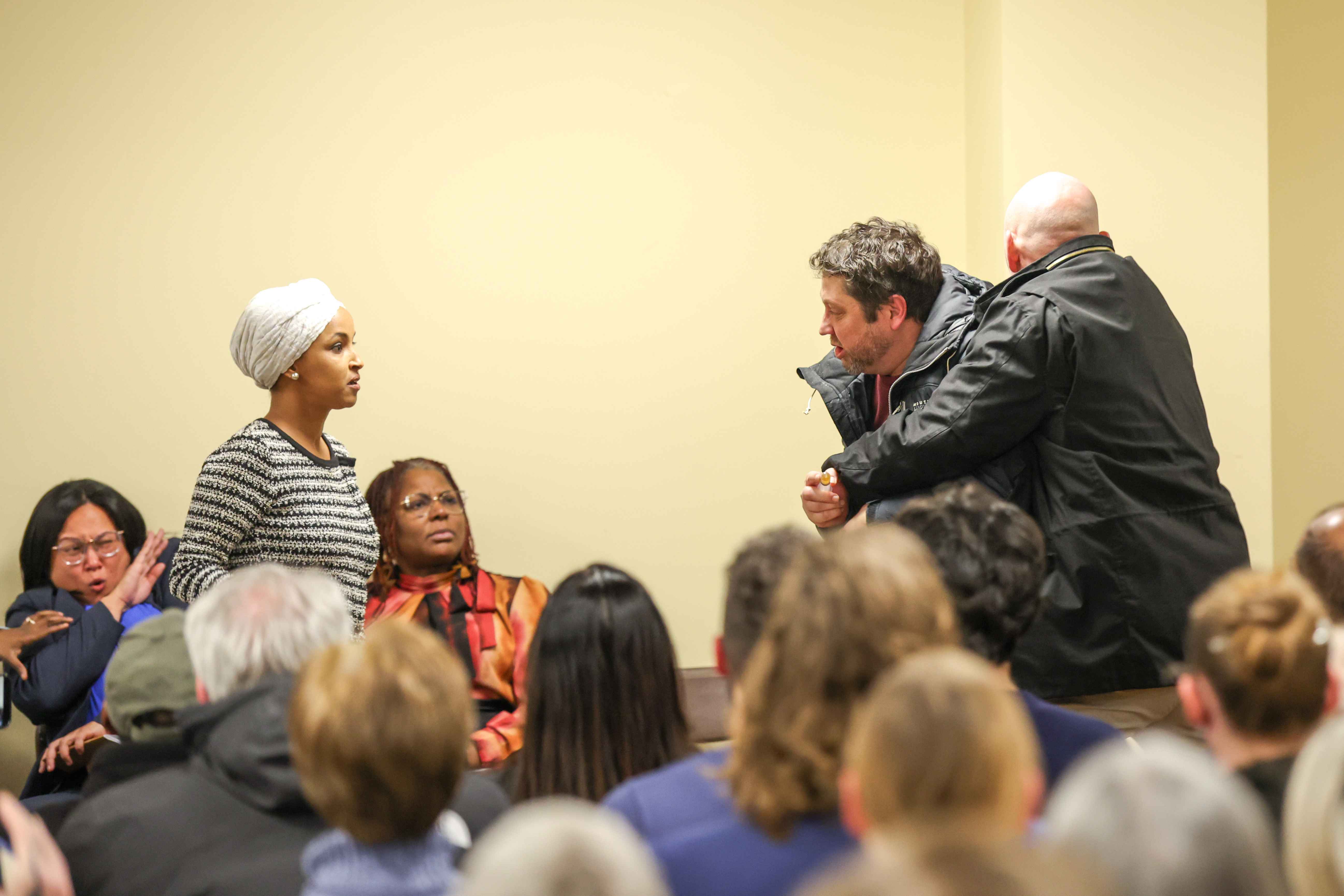$15 minimum wage: Evidence that it won't mean lost jobs
The federal minimum wage hasn't budged from $7.25 an hour in a decade. But a flurry of hikes in state capitols and city halls offers a preview of what would occur in low-wage states should a $15 minimum be phased in across the country.
One line of opposition to a higher federal minimum wage is that it would cause a lot of low-wage jobs to disappear and go against the interests of workers. However, a study released Tuesday finds that a $15 federal minimum wage wouldn't result in job losses in low-wage states but would offer more opportunities for workers and their families to lift themselves out of poverty. That study comes from Anna Godoey and Michael Reich, economists at UC Berkeley's Center on Wage and Employment Dynamics.
To gauge the potential impact of the Raise the Wage Act of 2019, a Democratic bill that's set for a vote in the House as early as next week, Godoey and Reich studied 51 minimum wage events that occurred in about 750 counties in 45 states between 2004 and 2016. That legislation would raise the minimum wage gradually to $15 by 2024, starting with a hike to $8.55 this year. With the House legislation viewed as a long shot in the GOP-controlled Senate, raising the federal minimum wage could be a campaign issue in 2020.
To figure how a $15 base wage would affect rural communities, the Berkeley researchers calculated the gap between the minimum wage and the median wage in those areas if they had the $15 hourly floor. They contrasted the result to areas with a similar gap that had already hiked the minimum wage.
In Alabama, for instance, minimum wage workers now make about 45 cents for each dollar a median wage worker earns. If the federal minimum were to double, that gap would narrow to 77 cents for every dollar, the study found. The hike to $15 would also curb income inequality in California and other states where that gap is smaller.
"The result of our research indicates the U.S. can raise the minimum wage to $15 without significant job loss, even in low-wage states," Godoey told a conference call. "Fewer children will grow up in poverty," she added. While it's only one study, the report challenges the widely held view that raising the minimum wage helps some workers but pushes others into unemployment.



